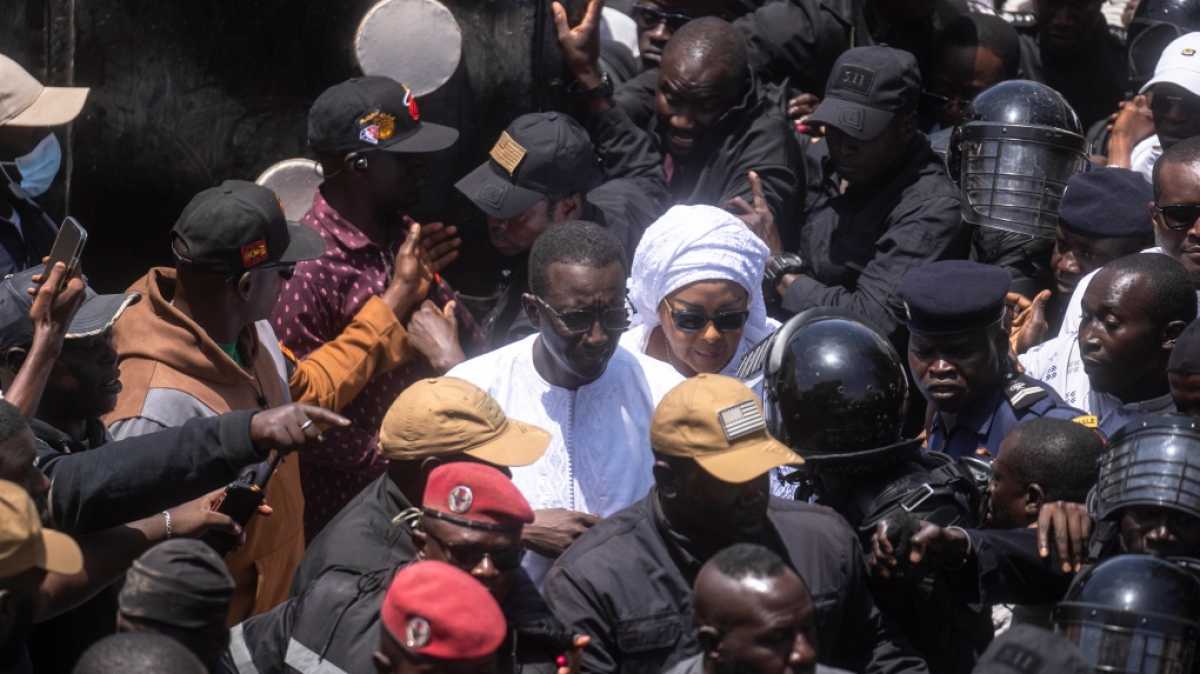World
Senegal Presidential Election Marks Historic Turnover Amidst High Voter Turnout

Vote counting is currently ongoing in Senegal following a delayed presidential election that many anticipate will usher in change after a turbulent political period.
The election saw over seven million registered voters out of a population exceeding 17 million, with 19 contenders competing to succeed President Macky Sall.
Notably absent from the ballot for the first time in Senegal’s history, Sall’s ruling coalition has chosen former prime minister Amadou Ba, 62, as its candidate.
Ousmane Sonko, a prominent figure disqualified from the race due to a defamation conviction, is backing Bassirou Diomaye Faye, co-creator of his now-dissolved PASTEF party.
Additional candidates in the presidential race include Khalifa Sall, Idrissa Seck, Mahammed Boun Abdallah Dionne, Aly Ngouille Ndiaye, and Anta Babacar Ngom, the sole woman contestant.
In contrast to previous elections, President Sall’s absence has amplified uncertainty and excitement, especially among young voters.
Al Jazeera‘s Nicolas Haque reported an unusual atmosphere in Dakar, with a mix of anticipation, fear, and excitement resonating among the electorate.
Lines formed outside polling stations in Dakar, accompanied by a heavy police presence and armored vehicles, ensuring a secure voting process.
Voters expressed their eagerness to participate, citing the importance of exercising their civic duty and the desire for positive change.
Issues such as the cost of living, youth unemployment, and economic stability have dominated the discourse, influencing voter preferences and candidate engagement.
While the race remains intense, candidates have appealed for peace and urged the population to accept the election outcome.
Observers have commended the peaceful voting process, with hundreds of local and international monitors ensuring transparency and fairness.
Notable figures such as Malin Bjork and Dr. Abdoulaye Bousso have lauded the Senegalese people’s participation and celebration of democracy.
As the nation awaits the official results, the election marks a significant juncture in Senegal’s political landscape, signifying a potential shift in governance and priorities.












